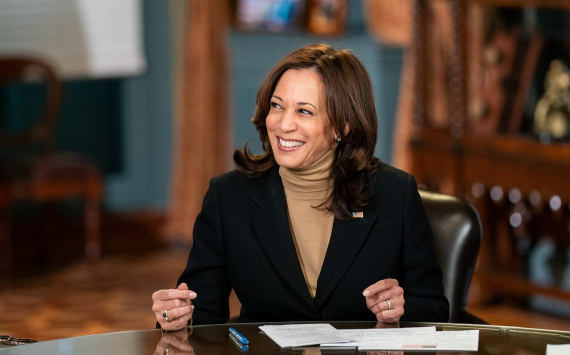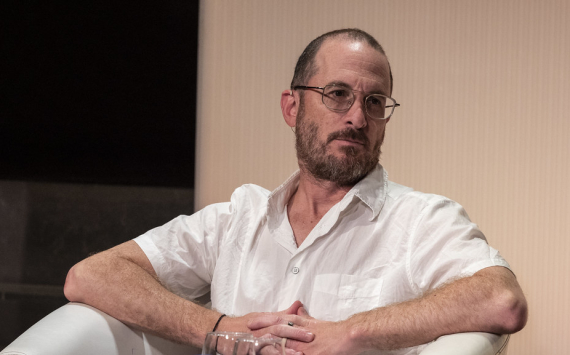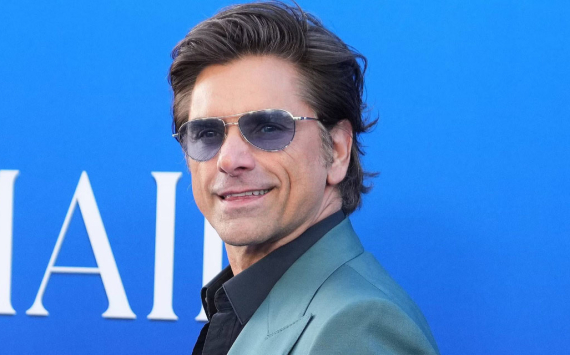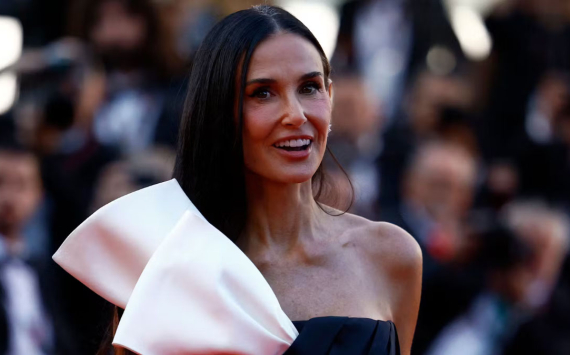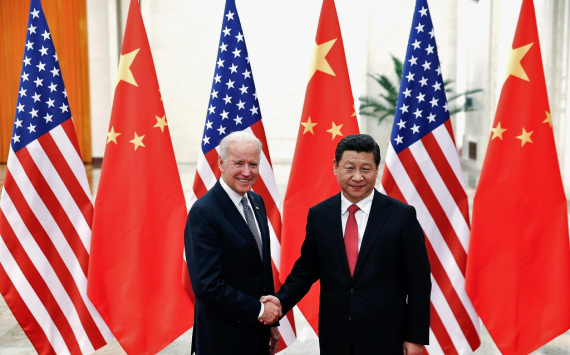
China's Balancing Act
In 1989, following the Tiananmen Square incident, Deng Xiaoping's advice to the Communist Party was strategic and simple: "Hide your strength and bide your time." This counsel shaped China's foreign policy for years, emphasizing economic reform and growth over geopolitical muscle-flexing.
Yet, under Xi Jinping's leadership, this approach took a dramatic turn. The era of "wolf warrior diplomacy" and a bold quest to "make China great again" marked a significant departure from Deng's low-profile strategy. Predictably, this assertiveness began altering the global perception of China, shifting its image from that of a potential partner to a burgeoning threat.
However, recent developments suggest a possible recalibration. Amidst an economic slowdown and growing international pushback, Xi appears to be reverting to a more measured stance. A notably conciliatory two-hour phone conversation with President Joe Biden and promises made at the San Francisco summit indicate a strategic pivot—raising questions about China's concessions and their implications.
Domestically, China faces considerable economic challenges. The spectacular default of Evergrande in 2021, a lingering post-COVID recovery, and all-time low consumer and business confidence underline deep-seated issues. Despite these hurdles, certain sectors, like electric vehicles (EVs) and renewable energy, continue to show promise.
Yet, the specter of the middle-income trap looms large, threatening the Communist Party's legitimacy and governance mandate.
Internationally, China's recent actions reflect a nuanced understanding of its position on the global stage. From the unexpected San Francisco meeting to discussions over contentious issues like sanctions, Taiwan, and TikTok, there's a discernible shift towards negotiation and pragmatism.
Deng Xiaoping's era was marked by an acknowledgment of China's limitations and the benefits of Western cooperation, a contrast to the more confrontational stance seen in recent years under Xi. Despite China's advancements, significant gaps remain — economically, technologically, and militarily — highlighting the enduring relevance of Deng's strategic patience.









